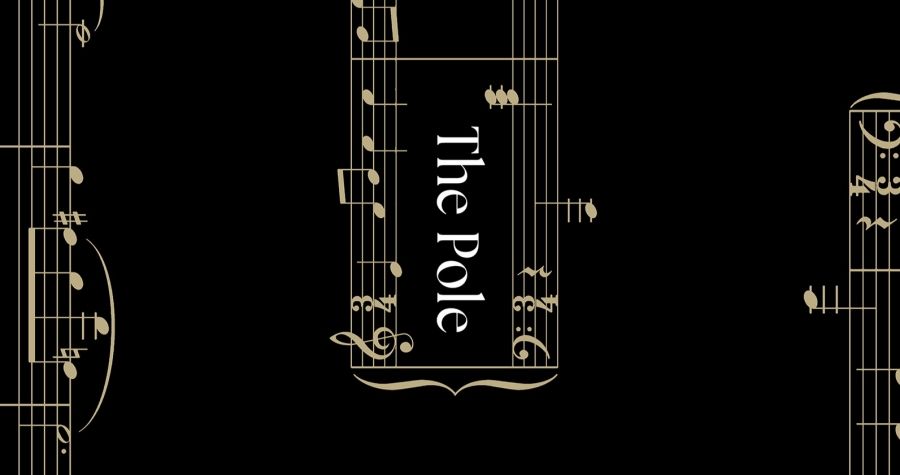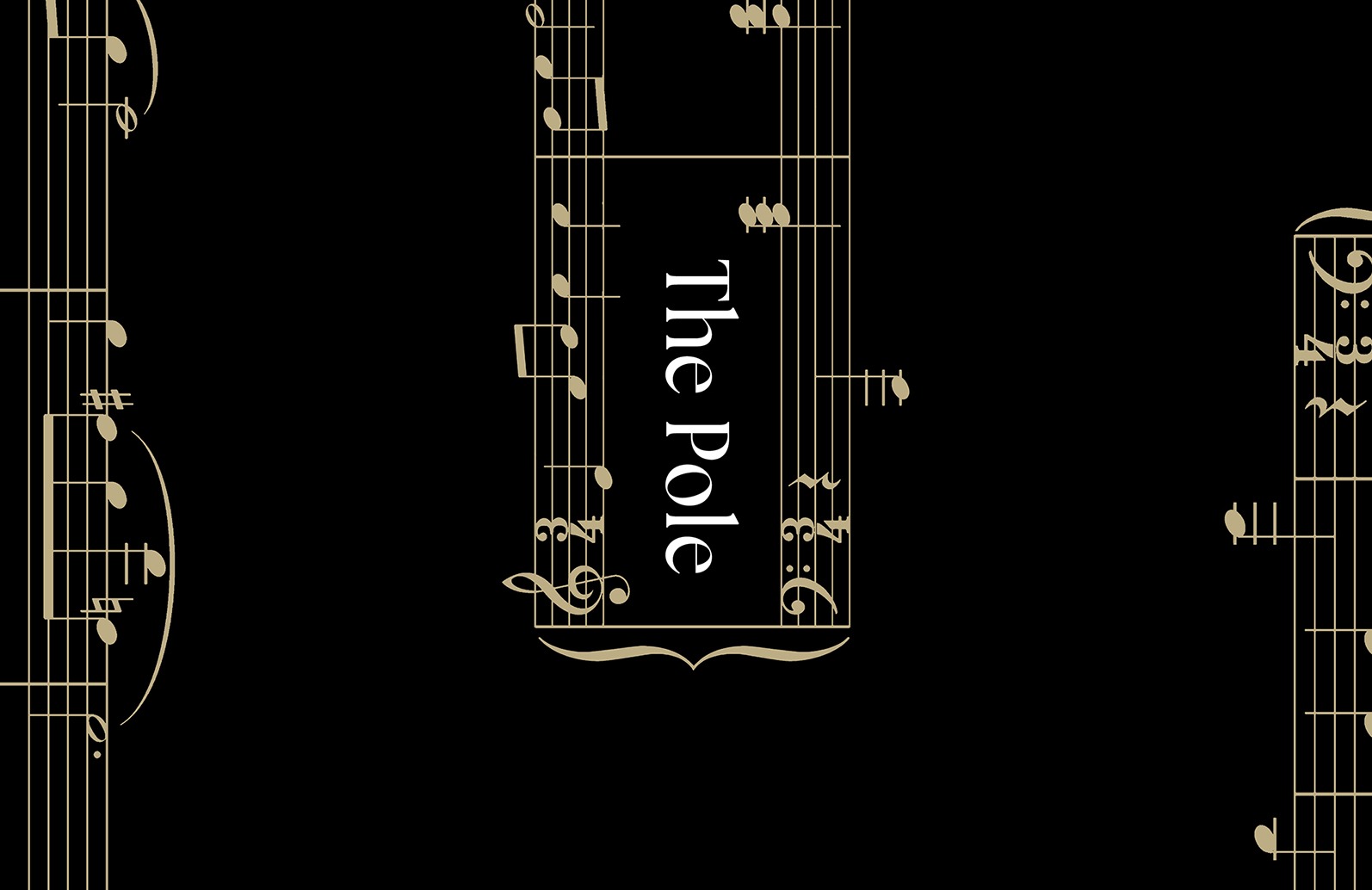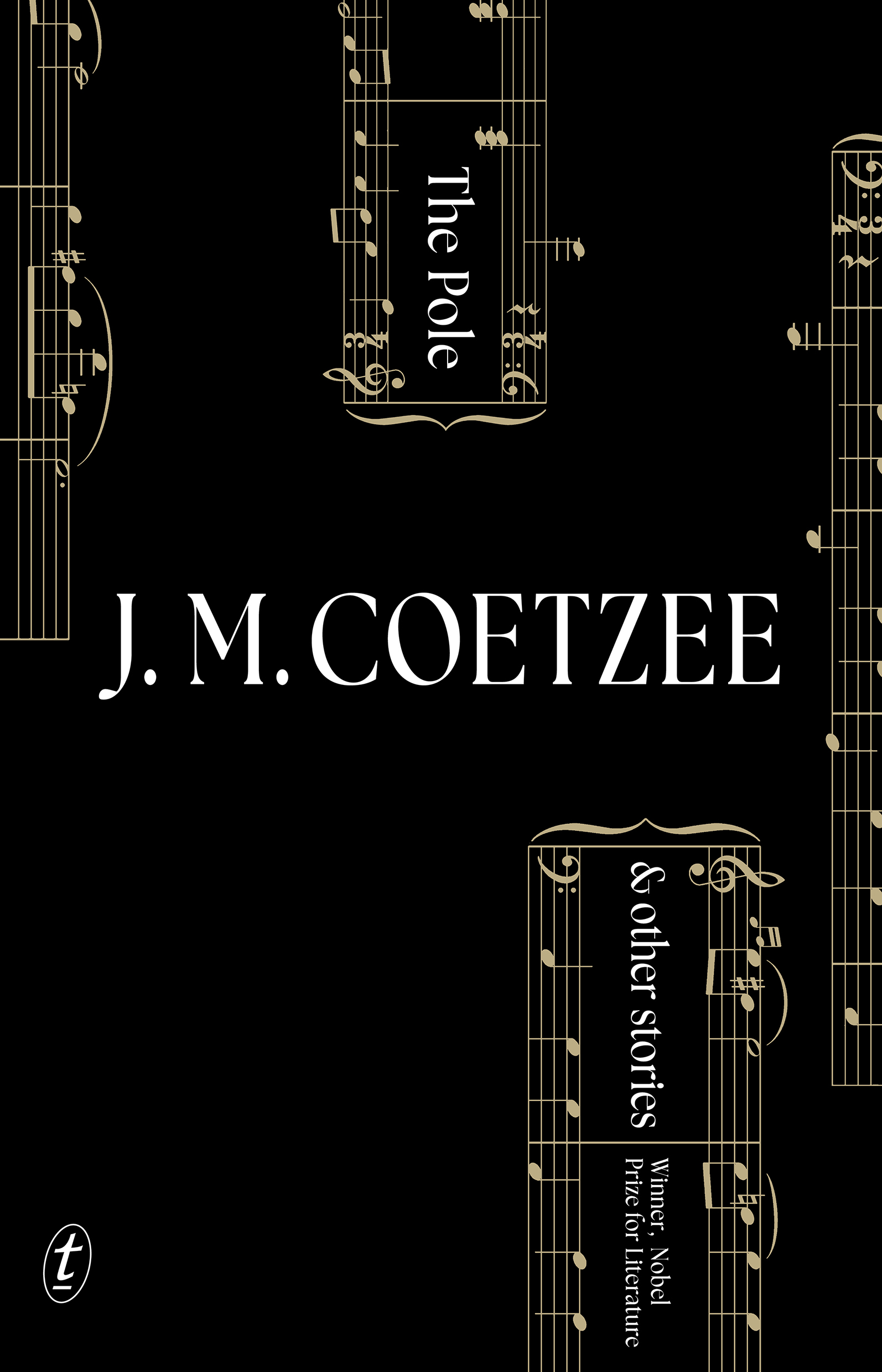
- Free Article: No
- Contents Category: Fiction
- Review Article: Yes
- Article Title: Last things
- Article Subtitle: J.M. Coetzee’s antipodal forces
- Online Only: No
- Custom Highlight Text:
The aphorist Georg Christoph Lichtenberg likened reviews to ‘a kind of childhood illness to which newborn books are subject to a greater or lesser degree’, like measles or mumps, which kill a few but leave the rest only mildly marked. But how should we consider reviews of books that come late in an author’s career? In instances such as these, the reviewer is tempted to avoid any chance of career-ending pneumonia, applying a nurse’s gentling touch to the text. Often the result is career summation, a soft peddle at indications of decline.
- Featured Image (400px * 250px):

- Alt Tag (Featured Image): Geordie Williamson reviews 'The Pole and Other Stories' by J.M. Coetzee
- Book 1 Title: The Pole and Other Stories
- Book 1 Biblio: Text Publishing, $34.99 hb, 250 pp
- Book 1 Cover Small (400 x 600):

- Book 1 Cover (800 x 1200):

The title novella describes the course of an affair – though, honestly, it can barely be described as such – between a measured, attractive, middle-aged woman from the Catalan bourgeoisie and a Polish pianist of seventy. The pair first meet when the musician, known for his austere interpretations of Chopin, performs for an audience that includes the woman, named Beatriz (the Dante-esque echoes of her name are fully intended), in Barcelona. A single, stilted dinner afterwards, where the Beatriz is obliged to host the visiting pianist and then drop him back to his hotel, is enough to inspire in the older man – Witold, his surname unpronounceable for the southerner – a durable passion.
Witold writes to her later, sending a CD of his Chopin recordings. When he travels to Girona to teach, she agrees to his request for a further meeting, at which he pledges his undying love. Beatriz, nonplussed, rejects his approaches outright. After he writes subsequently to suggest that she join him on a trip to Brazil, she haughtily demurs. The man is too old, she is companionably married. The notion is both distasteful and absurd.
Still, he persists. Witold later writes to inform her that he will be visiting Spain, and begs to see her; again, she blocks and parries. But something about his gallant monomania wears her down. Beatriz eventually invites him to stay at her family holiday home on the Balearic Islands. They spend a short week together, and for three nights she allows the Pole into her bed, after which, her resolve strengthened in the wake of its momentary weakness, Beatriz severs ties with the pianist for good.
It is hardly a tale of passion spent. Beatriz, wife of a banker and mother of two grown sons, is eminently sensible. She is hardly undone by Witold’s stiff, formal wooing. And Coetzee’s decision to number the paragraphs of each distinct section of the novella gives it the air of a philosopher’s tractatus rather than, say, one of Milan Kundera’s tales of erotic picaresque.
It is only much later, following the pianist’s death, that something dormant in Beatriz is woken. When word comes from Poland that he has left something for her, she travels north and personally retrieves from his apartment a sheaf of poems, written in Polish, composed for her by the pianist in the years of silence that passed between them.
Once translated, the poems inspire disquiet in Beatriz. Witold’s love for her has been projected beyond the grave. The final section of ‘The Pole’ consists of letters written by Beatriz to the dead man, still complaining at the oddity of his obsession – still refusing his late blandishments. And yet: the letters’ very existence are an acknowledgment, of sorts, of the poems’ receipt. Perhaps, we conclude, it is only at this point that their relationship has truly begun. Perhaps a kind of immortality has crept into their liaison, after all, now that it exists out of time. Dante only met his Beatrice twice, or so he claimed – and his poems to her were composed mainly in the wake of her death.
If that old story of courtly love provides metafictional scaffolding for ‘The Pole’, the novella’s style and manner are inimitably Coetzee’s. The light, needling irony of his humour. The eloquent disdain of Beatriz for her rigid, intractable Pole (redolent of that deployed by Adriana, widowed Brazilian dancer, against ‘John’ in Summertime [2009]). And the Quixotic adherence to positions – Witold’s reverence for Beatriz’s ‘grace’ is not dissimilar to Simõn’s devotion to David’s special nature in the Jesus trilogy – which are unamenable to external validation.
The novella’s form only bolsters the sense of familiar terrain. Here the novella’s title, ‘The Pole’, comes to have an alternative meaning. North and South, man and woman, philosophy and religion, passion and reason, animality and human continence, disembodied sublimity and the quotidian world: all the trademark antimonies of Coetzee’s fiction are activated, oppositions which generate meanings beyond a simple wrong or right, yes or no.
The result is a fiction designed like a Faraday Cage or a portrait by Francis Bacon, in which these antipodal forces seethe within the semantic field created by the author. Like the best of Coetzee, what seems at first chilly and intellectually determined yields, on closer examination, a powerful charge of feeling. They burn, like Witold’s poem’s sitting in Beatriz’s bureau drawer, with a ‘slow fire.’
The sense of entreaty with which Witold meets Beatriz is not confined to the novella: it ripples out into the more nakedly philosophical proceedings of the four Elizabeth Costello tales that follow. In those, beginning with ‘As a Woman Grows Older’, the eminent Australian author has entered her seventies. Her adult children, in a combination of solicitude and cold practicality, want her to move closer to them: either to her daughter Helen’s adoptive city of Nice in the South of France, or to her son John’s place in America.
Elizabeth has, if possible, hardened with the years. She has grown leery of concepts such as History (‘she [Clio, Muse of History] has been taken prisoner by a gang of thugs who torture her and force her to say things she never meant to say’) and even Beauty, the undergirding impulse of her writing vocation:
Is beauty not just another consumable, like wine? One drinks it in, one drinks it down, it gives one a brief, pleasing, heady feeling, but what does it leave behind? The residue of wine is, excuse the word, piss; what is the residue of beauty? What is the good of it? Does beauty make us better people?
In this dyspeptic spirit, she refuses their respective offers and instead takes a house in a village in Spain, echoing the novella. There she adopts a plethora of abandoned and locally reviled feral cats, as well as a taking in an intellectually disabled man who has been exposing himself to women and children in the town.
By the time John comes to visit her in Spain in a follow-up story, ‘The Old Woman and the Cats’, even that pessimism has boiled away to a form of absolutism which he finds alien and inexplicable. He cannot stand his mother’s feline brood, and challenges her on the worth of saving them. Her response astonishes him: she has decided, ‘in the matter of cats’, to ‘turn my back on my old tribe – the tribe of the hunters – and side with the tribe of the hunted’. The entreaty made to her by the cats, she continues, ‘is prior to and more primitive to the ethical’.
Learning as we do in the next story that Elizabeth Costello is suffering from dementia – and, indeed, plans to commit suicide before her condition further deteriorates – this position, almost pre-conscious, feels like a return to origins, as well as a correct point to conclude.
Still, on first reading, the final stories feel jagged, broken off before some narrative order might be allowed to cohere. It is only when we return to them that this fragmentary quality reveals itself as the only viable approach. Endings are what we construct to grant a false order to human existence; they are the lie of art. Coetzee proves himself a true and loving creator by finally denying Elizabeth Costello a wholeness which she did not possess, nor would wish to pretend to.


Comments powered by CComment